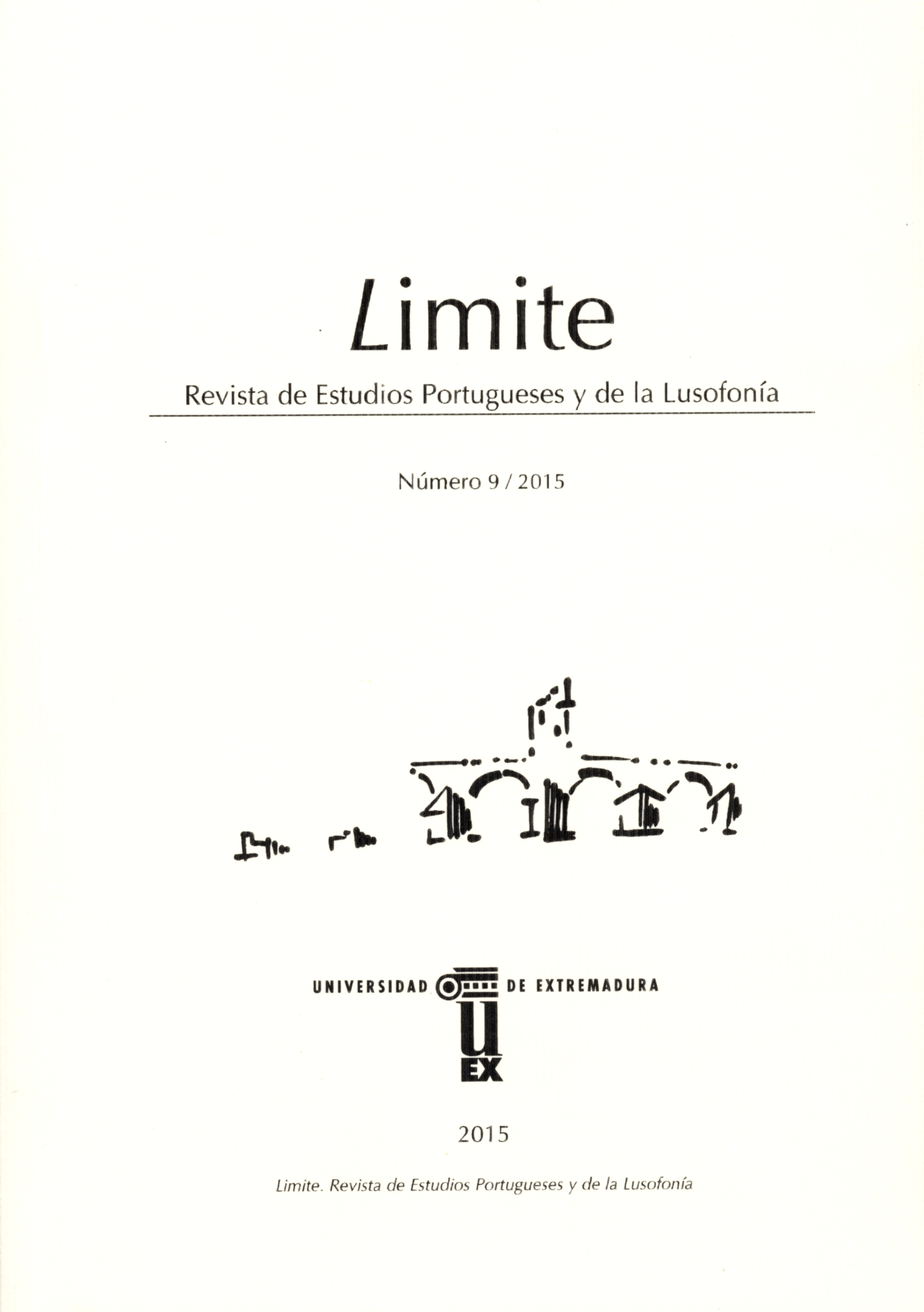Art, Culture and Memory: Vergílio Ferreira
Keywords:
Vergílio Ferreira, art, culture, memory, time, Great Universal OrderAbstract
Vergílio Ferreira’s works remind us that we have inherited an entire
culture that preceded us and that each artist conveys it in their own
way, showcasing their originality through a particular way of feeling
and expression. Being a writer, he would wish for a perfect world one
in which the memory of the past, crystallized in the culture expressed
by the word, pointed towards a future that would establish the Great
Universal Order – unattainable but that feeds its dream of artistic
fullness. Following the existentialist tradition, it is dominated by the
idea that man is ‘a being bound for death’ and, therefore, a being that
is part of time, revealing that the passage of time can only be rendere...
References
Ferreira (1976): Vergílio Ferreira, “Sobre crítica”, em Espaço do invisível-II, Lisboa, Arcádia, pp. 111-119.
Ferreira (19792ª): Vergílio Ferreira, Do Mundo Original, Lisboa, Bertrand.
Ferreira (1987): Vergílio Ferreira, Conta-Corrente V, Lisboa, Bertrand.
Ferreira (1980): Vergílio Ferreira, Arte Tempo, Lisboa, Edições Rolim.
Ferreira (1992): Vergílio Ferreira, Pensar, Lisboa, Bertrand.
Bibliografia secundária:
Bourdieu (1965): Pierre Bourdieu, Un art moyen. Essai sur les usages sociaux de la photographie, Paris, Minuit.
Le Goff (1984): Jacques Le Goff, “Memória”, in R. Romano (dir.), Enciclopédia Einaudi, ed. portuguesa, vol. 1, Lisboa, Imprensa Nacional-Casa da Moeda, pp. 11-50.
Mourão (1997): Luís Mourão, Um romance de impoder: a paragem da história na ficção portuguesa contemporânea, Braga / Coimbra, Angelus Novus.
Schlanger (20082ª): Judith Schlanger, La mémoire des Œuvres, s/l, Verdier.
Silvestre (1995): Osvaldo Silvestre, Slow Motion. Carlos de Oliveira e a pós-modernidade, Braga / Coimbra, Angelus Novus.
Downloads
Published
Issue
Section
License
Los derechos de los artículos publicados en esta revista son los que establece por defecto el Servicio de Publicaciones de la Universidad de Extremadura. Poseen una licencia de Creative Commons CC BY 4.0. Puede consultar la licencia en: Creative Commons
La política de acceso abierto de la Universidad de Extremadura acepta los principios del movimiento de acceso abierto y la declaración de Berlín. Por ese motivo, los autores aceptan que los artículos publicados se recojan en el repositorio DEHESA de esta universidad.
El autor del artículo puede publicarlo libremente en otros medios siempre que refiera esta revista como la depositaria del texto original.



